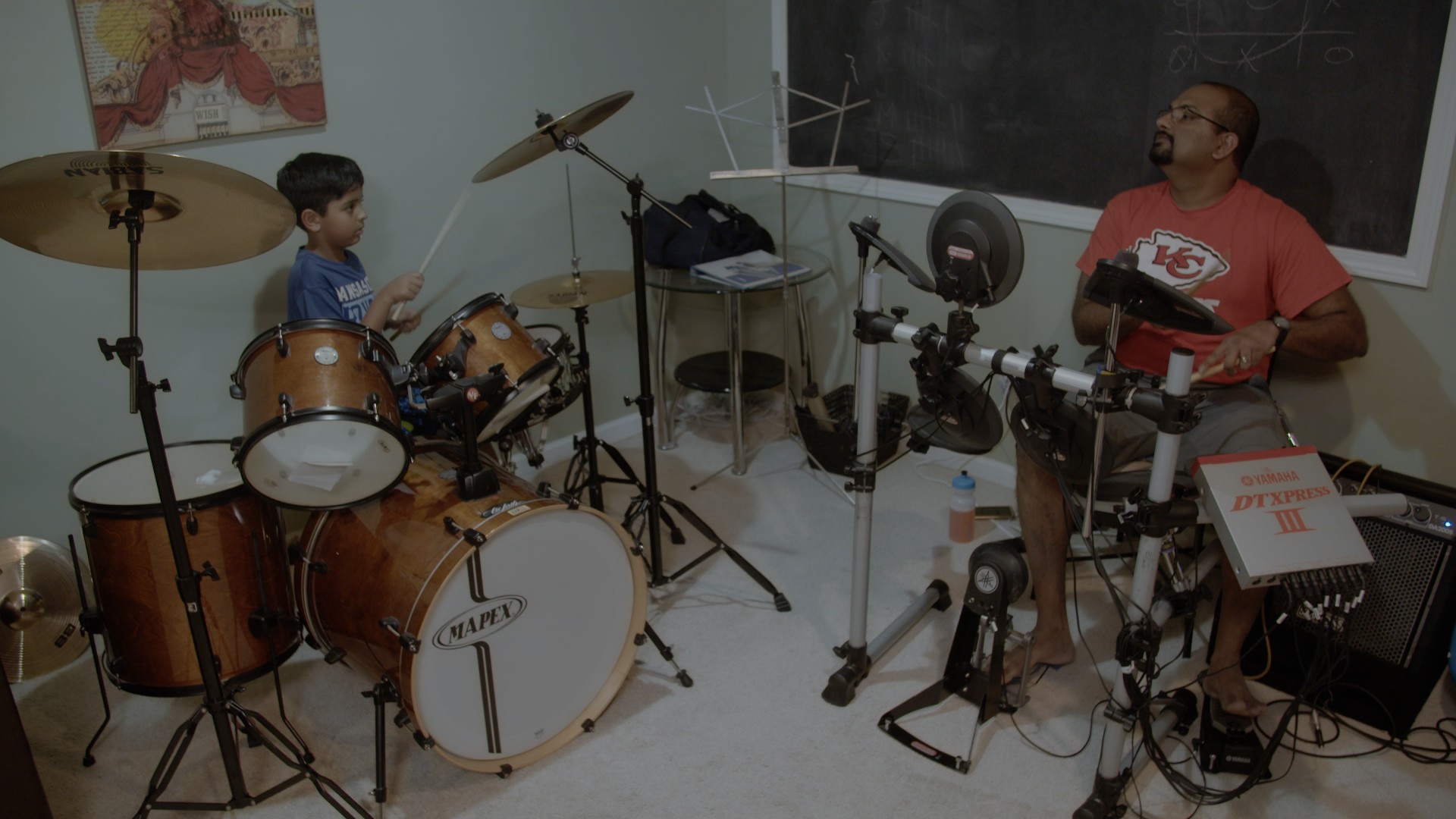President Donald Trump’s Supreme Court pick Justice Neil Gorsuch abandoned his conservative bloc on Tuesday to become the deciding vote in a win for an immigrant the Trump administration wanted to deport.The case, Sessions v. Dimaya, was a dispute between Justice Department officials and an immigrant from the Philippines they decided to automatically deport. Joining the four liberal justices, Gorsuch ruled the criminal law responsible for the immigrant’s deportation — as well as thousands of others every year — is too vague and should be voided. He also went against the Justice Department, which had urged the high court to uphold the law.The decision will likely bother the president, who regularly congratulates himself for picking such a solid conservative mind like Gorsuch to fill the court’s vacant seat. The Department of Homeland Security is already miffed."Today's ruling significantly undermines DHS's efforts to remove aliens convicted of certain violent crimes, including sexual assault, kidnapping, and burglary, from the United States," the department wrote in a statement. "By preventing the federal government from removing known criminal aliens, it allows our nation to be a safe haven for criminals and makes us more vulnerable as a result."The law in question in the case defines “aggravated felonies” — which require automatic deportation under federal immigration law — as crimes in which “substantial risk that physical force may be used.” But determining which crimes count and which don’t can be tough. Is a burglary of a vacant home an aggravated felony? What about an attempted kidnapping that never materialized?READ: Neil Gorsuch is shaping up to be an unlikely defender of your privacyJames Garcia Dimaya, a legal permanent resident in the U.S., was ordered to be deported in 2010 when an immigration judge determined his two burglary convictions in California were aggravated felonies. Neither of his burglaries were violent, so he sued the government in 2011, claiming the aggravated felony definition was too vague.Gorsuch overwhelmingly agreed in his opinion on Tuesday. “Vague laws invite arbitrary power,” he wrote. “A government of laws and not of men can never tolerate that arbitrary power.”To make his point, Gorsuch, an originalist at heart, went all the way back to the Declaration of Independence. He wrote that arbitrary British laws were one of the reasons the U.S. founders revolted against England.“Today’s vague laws may not be as invidious, but they can invite the exercise of arbitrary power all the same — by leaving the people in the dark about what the law demands and allowing prosecutors and courts to make it up,” Gorsuch wrote.But Gorsuch’s conservative allies on the court — Justices Samuel Alito, Clarence Thomas and Chief Justice John Roberts, and the usual swing vote Justice Anthony Kennedy — all argued the law was better left alone. Thomas called the majority opinion, written by Justice Elena Kagan, “triply flawed” and added he “cannot follow the Court down any of these rabbit holes.”READ: Neil Gorsuch's first term fullest conservatives' wildest dreamsGorsuch signaled he would side with Dimaya at oral arguments in the case in October 2017 when he called the deportation stakes in the case “grave.” He sympathized with judges who struggle to determine which crimes count. “When the law runs out and the judges cannot say what the law is, they don’t make it up. Right? Why isn’t that a legislative function?” he said.Gorsuch took the place on the bench of Justice Antonin Scalia, who died suddenly in 2016. Interestingly, one of the last majority opinions that Scalia penned in 2015 was an almost identical decision voiding a different criminal law for vagueness. Cover image: U.S. Supreme Court Justice Neil Gorsuch participates in taking a new group photo with his fellow justices at the Supreme Court building in Washington, D.C., U.S., June 1, 2017. (REUTERS/Jonathan Ernst/File Photo)
Cover image: U.S. Supreme Court Justice Neil Gorsuch participates in taking a new group photo with his fellow justices at the Supreme Court building in Washington, D.C., U.S., June 1, 2017. (REUTERS/Jonathan Ernst/File Photo)
Advertisement
Advertisement
